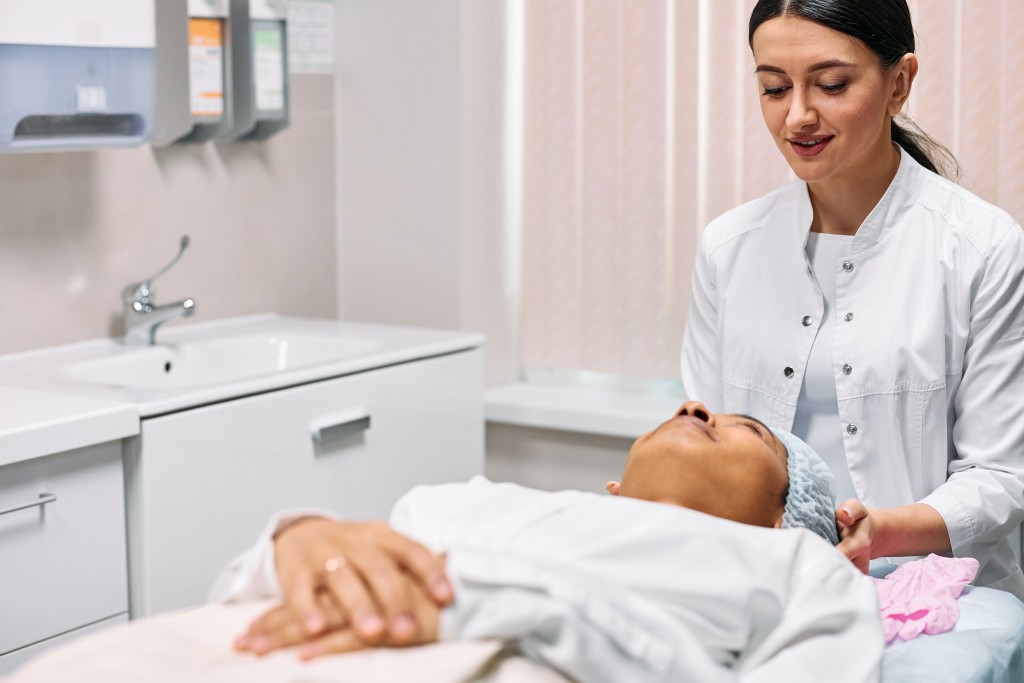
“Strokes and post-stroke recovery”
Stroke is one of the primary causes of permanent disabilities
in the world. Although technology and medical developments have made it
possible to recover after a stroke, some stroke survivors have remained disabled.
These patients have to live with severe impacts and considerable disabilities.
Unfortunately,
due to the lifestyle of the new age, the number of strokes is rising. If
society doesn't take care of the vast number of stroke survivors, the range of disabilities
will get more in our world.
Therefore,
we need changes, new strategies, and plans to help stroke survivors in their rehabilitation.
After the
stroke, the most crucial recovery function is "healing brain
function" and "rehabbing the lost power of body organs."
What
is the real definition of stoke?
There is no
simple answer to this question, but in short, poor blood flow to the brain
causes cells to die.
A stroke's
signs and symptoms may include an inability to move or feel on one side of the
body, problems understanding or speaking, dizziness, or loss of vision to one
side.
Signs and
symptoms often appear soon after the stroke has occurred. If symptoms last less
than one or two hours, the stroke is a transient ischemic attack (TIA), also
called a mini-stroke.
How to
recover from a stroke?
During
rehabilitation, the disabled parts of the body undergo treatment.
Over time,
they recover and come back to normal life again.
The sooner
the rehabilitation process starts, the better and easier the patients or their
bodies respond to the treatment.
Also, some
stroke survivors may need only a few days of rehabilitation, and for some, it
might even take a year.
This process
includes exercises, medication, and diet.
If patients
commit to a well-planned rehabilitation process, their disabilities will reduce
to a great extent.
How
does Chroneed help with the rehabilitation journey?
These are
some of the services that Chroneed offers:
Voice
recognition technology: For patients who have lost the ability to talk and make
incomprehensive voices, new AL-based technology can tell what the patient is
trying to say.
In Chroneed, patients can use therapy and discussion rooms to
improve their mental health during their rehabilitation journey.

Because 62,000 people in Canada have a stroke yearly, that means one every ten minutes!That is only the beginning.Four hundred and...
Read More...
What is a stroke?A stroke is a condition in the brain where blood flow is reduced or stopped for a short time. When brain cells an...
Read More...
There are multiple ways to hire a caregiver. Some are low-cost, part-time, in-home support, including volunteers, grants, VA pro...
Read More...